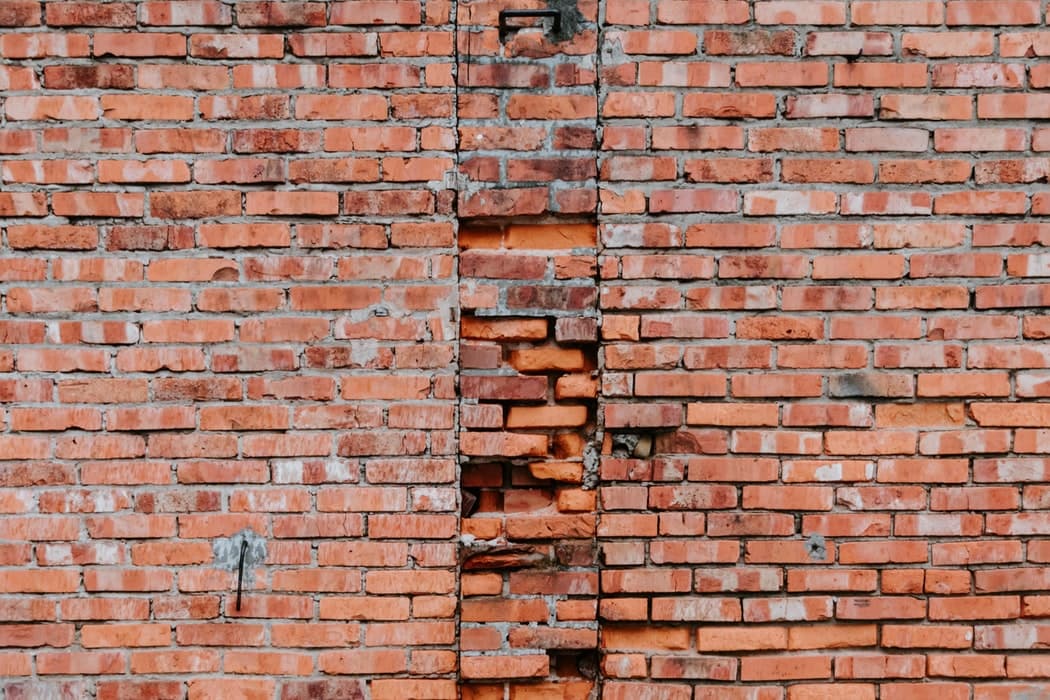
Have you noticed that something just doesn’t look right on your brick wall? Has it seen better days? In the following article, RenoQuotes.com will explain how to replace a brick on your exterior brick wall.
Can I remove the damaged bricks myself?
In this article, we will present the steps to follow to replace worn-out bricks. It should be noted that this type of project is not recommended for beginners who have never done any manual work. It is also strongly recommended that experts be brought in to make a diagnosis as to what may have caused the damage to the bricks. Who knows? Maybe you've got a bulging wall situation on your hands? If this is the case, the replacement process presented below will not provide a long-term solution.
Despite this note, it is still useful to know how to proceed, especially when you receive a confirmation that you only have to replace some bricks.

The tools you will need
Have you decided to go ahead with your brick replacement project? Here is the equipment you will need to collect:
Protective equipment (gloves, glasses);
Drill;
Chisel;
Trowel;
Hammer;
Wire brush;
Brush;
Sponges;
Sealing mortar.
How to remove the damaged bricks
Once you have identified the bricks that need to be replaced, you will have to remove them from the wall. Don’t forget to wear gloves and protective glasses while completing the job.
First of all, you’ll have to use a drill to puncture holes inside the mortar that surrounds the damaged bricks. These holes should be a few centimetres deep and should be set according to a regular pattern. Next, using a chisel and a hammer, dig the mortar around the bricks. Once you have removed most of the mortar, remove the damaged bricks. Always work in the most delicate manner you can manage. If needed, use masonry scissors.
How to clean out the area where the damaged bricks were located
Now empty, the place where the damaged bricks used to be will require a proper cleaning and smoothing process before going on to the next step. Use a metallic brush to clean out the surfaces. This step is extremely important as it will contribute to the fact that you will not run into problems when installing the new bricks.
Next, use a hand brush to clean out the cavity. Don’t forget to use a wet sponge in order to humidify all the surfaces around the area where the brick(s) will be. This will serve to ensure that the new mortar you will apply will stick.

How to prepare the new bricks and install them
If, when you turn over the old bricks, you notice that some of them are intact on the unexposed side, you could reuse them. However, if both sides are damaged, replace them with new bricks that have the same shape and colour.
Be sure to humidify the bricks before you put them in. You can use grouting mortar (also known as anchoring mortar) to stick the bricks to the surface. This product requires you to mix the powdered grouting mortar with water, which you must stir until you obtain a homogenous mix. You will then have to spread the product on the backside of the brick. Do not apply grouting mortar on the face that will be visible on the wall.
After having prepared your bricks, slowly start placing them in the empty spaces. Make sure that they are well aligned with the others. Using your trowel, shape the joints so they match the others, as this will give an optimal result. When you have completed each step of the process, remove the extra mortar. Lastly, don’t forget to clean up the surface using a wet sponge. Congratulations, you’ve replaced your damaged bricks!
For a professional, high-quality result, hire a mason for your masonry renovation project.
How much is a brick replacement done by a bricklayer?
For a professional result, do not hesitate to contact a masonry specialist for your renovation project. On average, the replacement of deteriorated bricks costs between $24-38/linear foot (price is indicative and subject to change).
Get 3 renovation quotes from masonry contractors
RenoQuotes.com can help you get quotes from qualified masons and renovation contractors for your interior brick wall. If you submit your project to us, we’ll put you in contact with the best masons in our contractor network. Fill in the form on (it only takes a few minutes), and you will receive quotes from qualified masons and home renovation companies.
Dial 1-844 828-1588 to speak with one of our customer service representatives.
Looking for something else?
Related articles
The latest industry news, interviews, technologies, and resources.

Amanda Harvey
•08 Nov 2023
Insects are part of life, as they play a vital role in maintaining the biodiversity of outdoor space. However, in a backyard, they can be harmful and cause inconveniences both big and small.
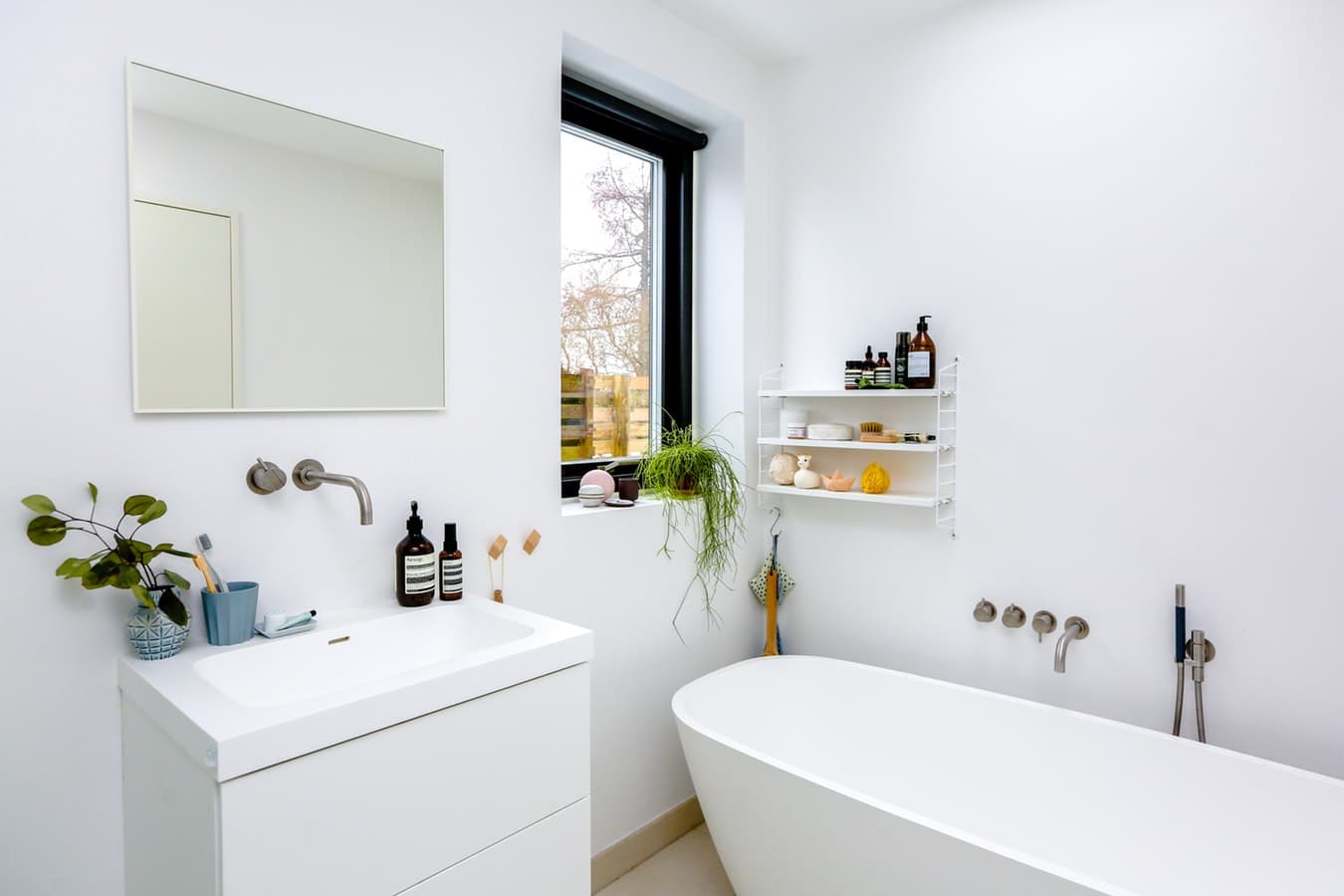
Editorial Team
•08 Nov 2023
Bathroom renovations are always an excellent investment, as they tend to offer the best return. Not to mention, the bathroom is a fairly integral room in the home. This space is used on a daily basis for many essential activities, and this includes washing up in the morning as well as before bed, getting ready for work, taking care of overall hygiene and so forth. Even though it’s a small space, storage is essential.
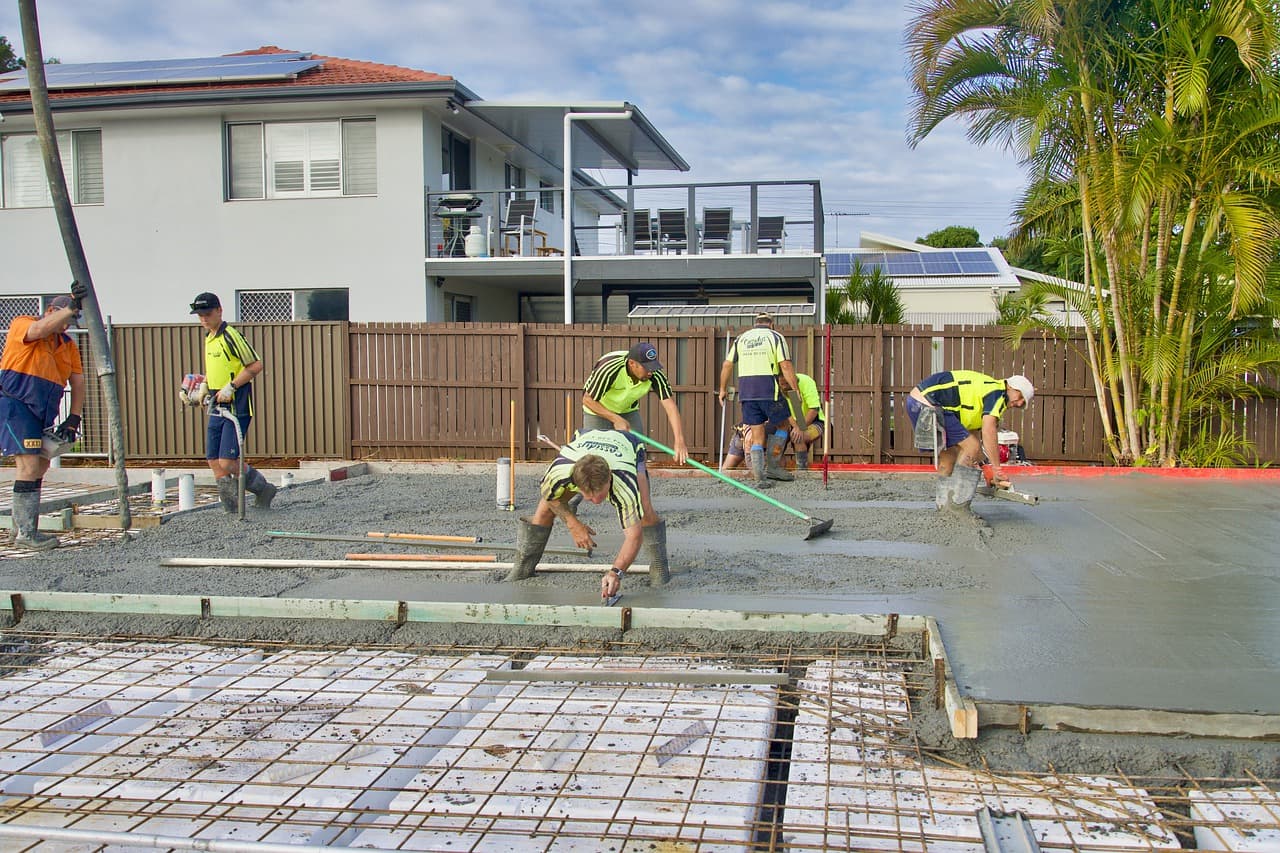
Editorial Team
•08 Nov 2023
Your home is an investment and an expensive and important one at that. Of course, signs of damage to any piece of your house would be concerning.
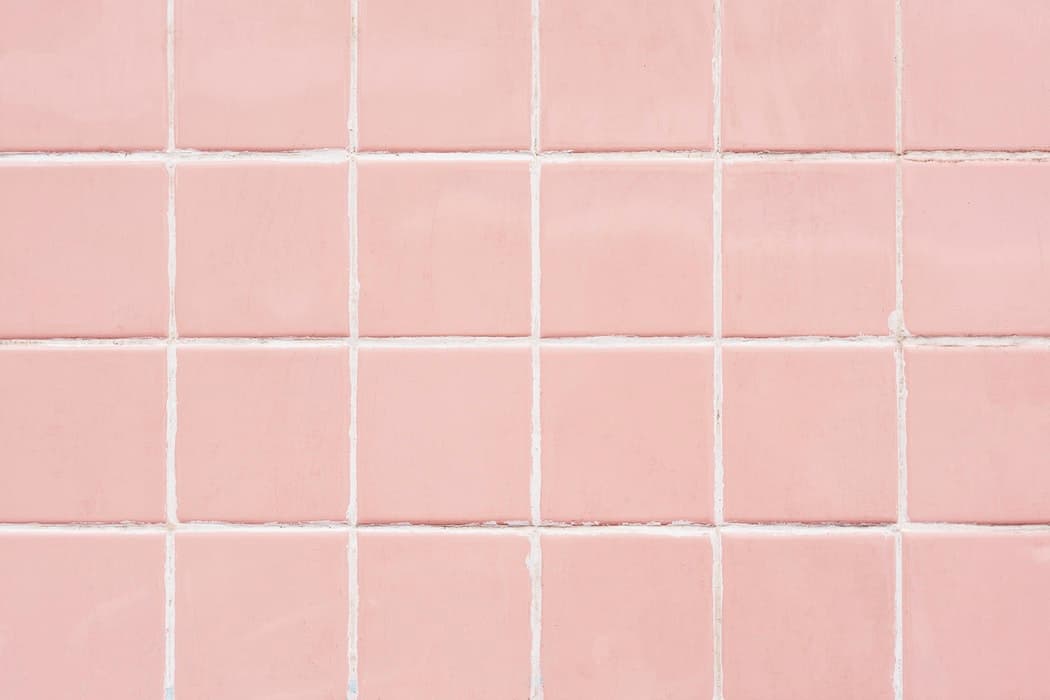
Amanda Harvey
•08 Nov 2023
It’s likely that almost every morning and every evening, you find yourself in your home’s bathroom. Whether you’re brushing your teeth, taking a bath or helping your children get washed up before bed, this room is integral. With all this activity and moisture, it’s not surprising that your bathroom surfaces can easily deteriorate. If your bathroom is tiled and you’ve noticed signs of swelling; how can you remedy this situation?
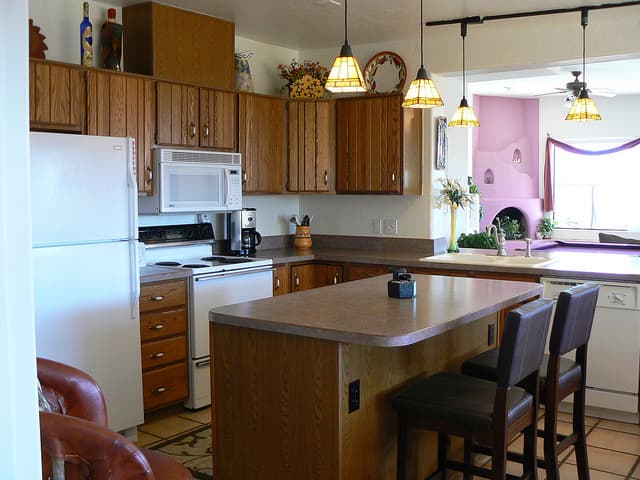
Editorial Team
•08 Nov 2023
Rail-mounted light systems are a wonderful and versatile fixture made to suit the needs and décor of any home. This style of light consists of an electrical track that mounts to the wall or ceiling, with individual lamps attached at various points along the track.